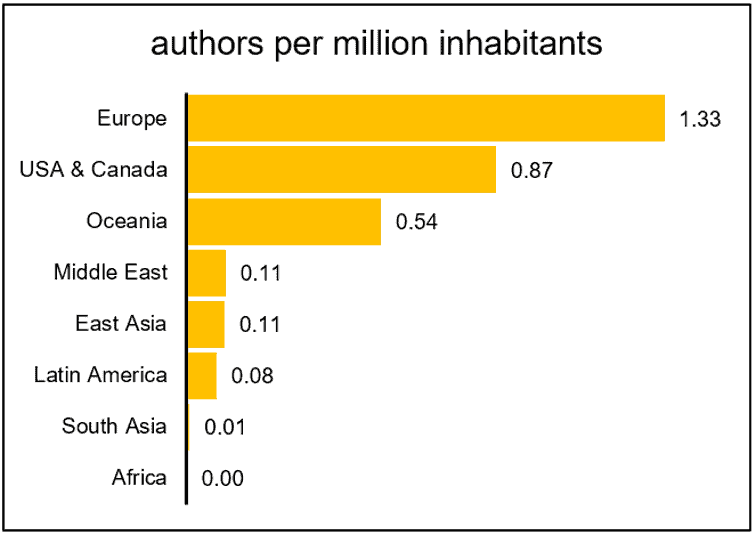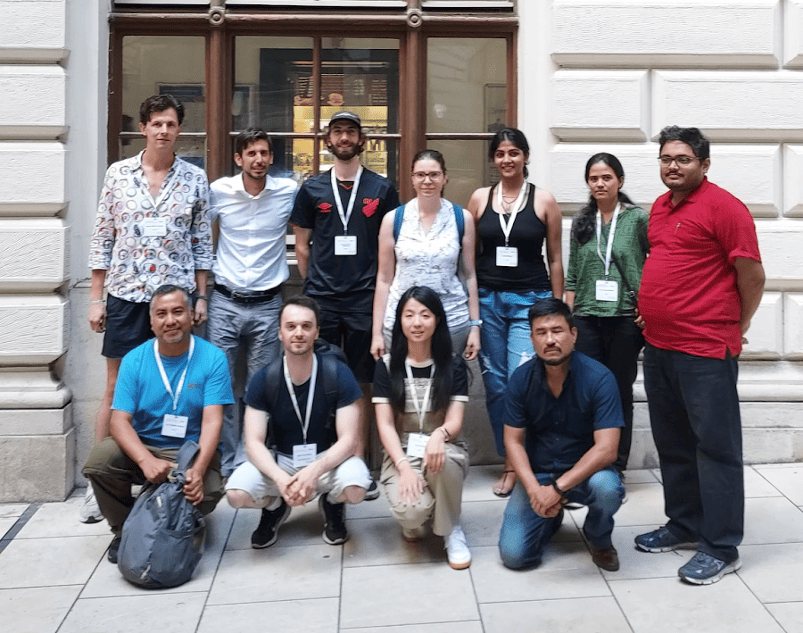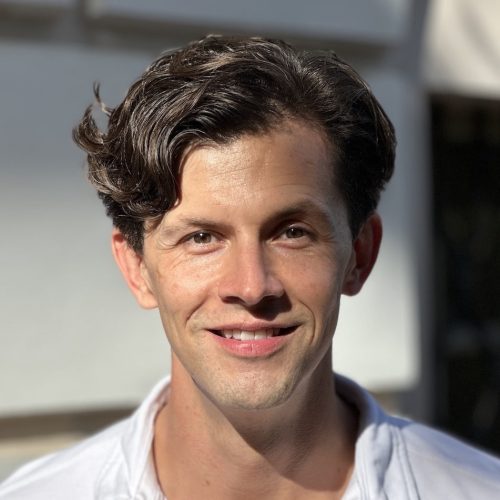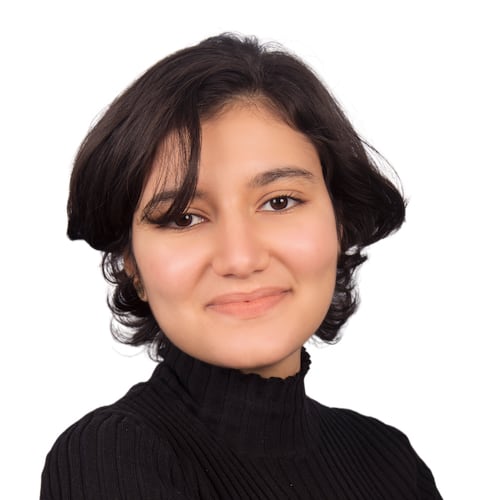Scientific conferences are expensive, so not everyone can attend. This is devastating, as they are an essential part of academic life. At conferences, researchers can expose their work and gain collaborators. Early career researchers often meet others working on a similar topic for the first time. At a later career stage, a conference is critical to forming links for finding a new job or a grant application.
COSTS EXCEED SALARY
But those who want to attend conferences usually have to be able to afford long journeys, accommodation in costly cities, and conference fees. For researchers in low and middle-income countries, this is often more than challenging. For example, postdoctoral researchers in Colombia will rarely find support from their institution to attend an international conference. Instead, they would have to spend more than two months of salary, making it nearly impossible for them. The same is true, if not worst, for other parts of the world. Budget is therefore one of the main reasons why many conferences lack diversity.
INTRODUCING THE OPEN ARMS GRANT
During NetSci2023, the largest international conference in network science held in Vienna this year, we observed what happens in most academic events. In addition to the fees, there are many other costs (e.g., applying for visas). So, few researchers from low- or middle-income countries could apply.


As an initiative to revert this, we started the Open Arms Grant (learn more). Our principle is that budget should never be why a researcher is left outside an academic event. Thanks to the grant, ten people from low and middle-income countries were able to present their research.
4 KEY LEARNINGS FOR FUTURE CONFERENCES
1 | FULL TRAVEL GRANTS OR FEE WAIVERS?
Some conferences offer some support, like fee waivers or discounts. They are great for promoting the conference within the local community but not for international participants on a tight budget, as most costs (travel, accommodation, visas, and insurance) are still incurred. Again, take the example of postdoctoral researchers in Colombia. A researcher who has to spend almost two months’ salary attending an international conference would not really be helped by either a fee waiver or a discount. Instead, offering fewer grants covering all costs reaches people unable to attend that (or any other) conference.
2 | USE THE BUDGET WISELY
There are many expenses in conferences that may be avoided. The cost of welcoming people with a printed mug and a pen inside some tote bag is sufficient to cover the travel costs of a handful of applicants. Nobody needs a baseball hat or a printed t-shirt to remind you that you attended a conference in 2017. A printed program or a booklet is unnecessary. Giving participants a new mousepad, a USB memory stick or a notebook should be forbidden at this stage.
That “stuff we all get” is known as SWAG, an industry worth billions of dollars but producing mostly plastic pollution. Those products are propaganda that will end up in the trash in a few months. Umbrellas, power banks, or keychains are just a waste of budget. Welcoming conference attendees with food and drink may be pretty expensive. The conference budget stretches quite a long way once the minor costs are avoided.
3 | A NETWORK THAT GROWS
Most conferences are not isolated, one-off events but happen yearly. Once a conference started offering travel grants, a network of researchers from low and middle-income countries was formed. Past awardees are the best way to link with new applicants and ensure that new generations will keep applying.
Being a researcher in a low-income country means swimming against the current every day of your life. Your lab has insufficient space or materials, cannot pay for a software license or the fee to publish in some journals, and will rarely pay to access an article. You must compete with many researchers for the few open positions and grants awarded. Primarily you will be working on a language where you are not a native speaker, which impacts most stages of your career. You rarely get to a conference, so fewer doors are open in your academic progression. You need to get visas and permissions for the few times that you get to travel.
Therefore, the new Open Arms initiative aims at increasing the participation of people from low and middle-income countries.
4 | SCIENCE FOR ALL
Diversity is not a slogan. It is a survival mechanism. Social systems, like biological systems, need diversity to be resilient and thrive. We don’t have representation of scientists from the middle east and Africa because they simply can not afford to do science. For example, the average salary of an Egyptian professor with more than 15 years of professional experience is $550 — a systemic problem because talented scientists also exist in countries with difficulties. By offering fair opportunities to attend conferences, we help connect scientists to their fields and reduce systemic inequalities.
With simple budgeting constraints, resetting our priorities, and proper allocation of resources, we can recreate the Open Arms grant in more conferences and make science accessible for all!



